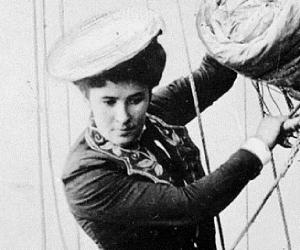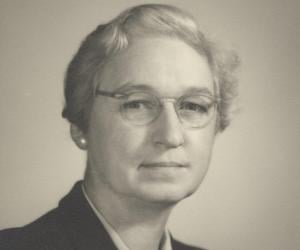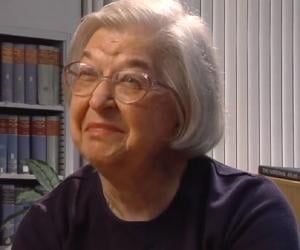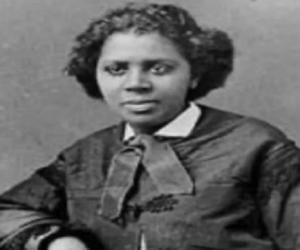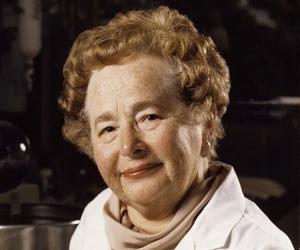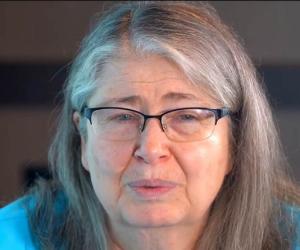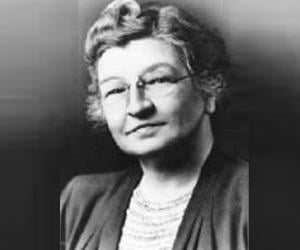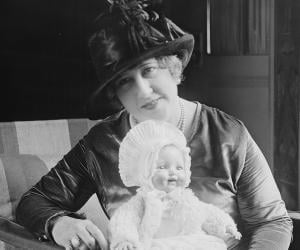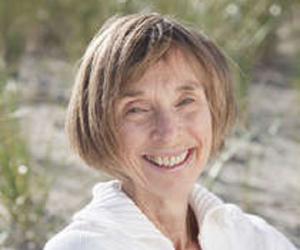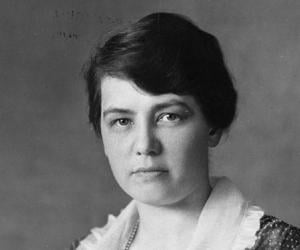Before she turned her peculiar inventions into a billion-dollar business empire, Joy Mangano had worked as an airline assistant and a waitress. Her best-known invention has been the Miracle Mop, a self-wringing mop made of plastic. She has also penned a memoir and has inspired the 2015 film Joy.

Stephanie Kwolek was an American chemist remembered for her invention of Kevlar. She worked at the DuPont Company for over four decades and was awarded the company's Lavoisier Medal for her discovery. In 1995, she was inducted into the National Inventors Hall of Fame, becoming the fourth woman to be inducted. She also won other awards including the Perkin Medal.
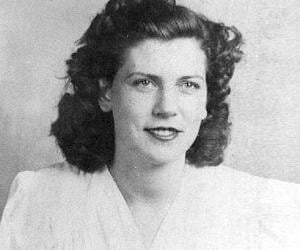
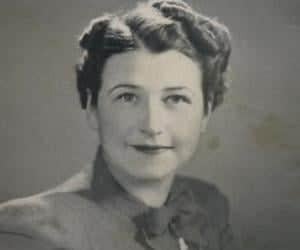
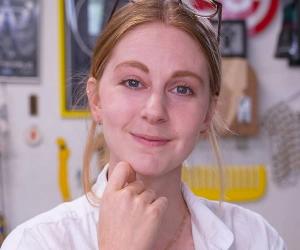
Simone Giertz is a Swedish TV host, YouTuber and robotics enthusiast. She is best known for creating mechanical robots to automate everyday tasks, the videos of which she posts on her YouTube channel. Simone Giertz displayed many of her robots on the popular TV show, The Late Show with Stephen Colbert.
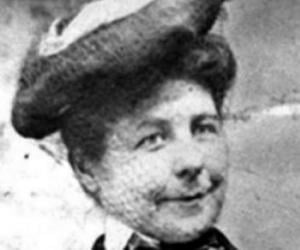
Mary Anderson was a real estate developer, rancher, and inventor. She is best known for inventing the windshield wiper blade. She received her first patent for an automatic car window cleaning device controlled from inside the car in 1903. She was inducted into the National Inventors Hall of Fame in 2011, more than half a century after her death.
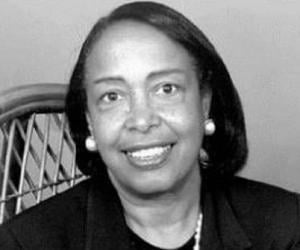
Ophthalmologist Patricia Bath is remembered for her pathbreaking invention of the Laserphaco Probe, which made laser cataract surgery possible. The first Black female surgeon at the UCLA Medical Center and the first female faculty staff of the UCLA Jules Stein Eye Institute, she dedicated her life to curing blindness.
The daughter of Jewish immigrants in New York, Gertrude B. Elion excelled in chemistry at Hunter College, where she studied for free, but was initially unable to find a job due to gender bias. The renowned biochemist and pharmacologist later won a Nobel and became a pioneer in medical research.
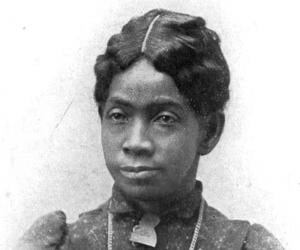

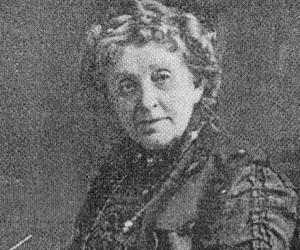
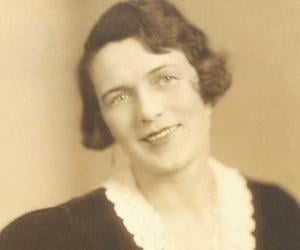
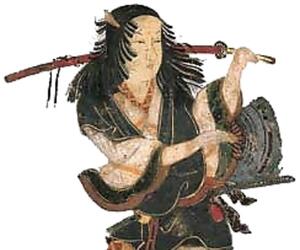
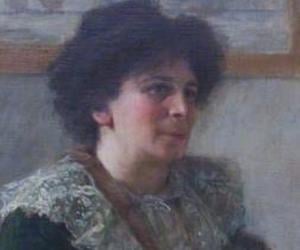
Hertha Ayrton was a British engineer, physicist, mathematician, and inventor. She is remembered for her work on electric arcs and ripple marks in sand and water, for which she was awarded the Hughes Medal by the Royal Society. As a woman in the 19th century, she had to face innumerable struggles in her career. She was also a passionate suffragist.
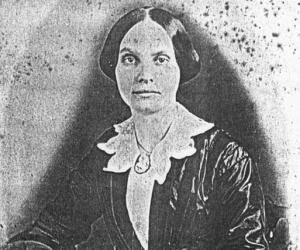

Eleanor Coade was a British businesswoman known for her astute entrepreneurial, business, and marketing skills. She manufactured Neoclassical statues, architectural decorations, and garden ornaments. She created stoneware for many famous buildings, including St George's Chapel, The Royal Pavilion, Brighton, and Carlton House. She was one of the few women to run a highly successful business in the Georgian era.

Jeanne Villepreux-Power was a French marine biologist. She is credited with creating aquaria in 1832 in order to experiment with aquatic organisms. Nicknamed the Mother of Aquariophily, Villepreux-Power also invented the systematic application of the aquarium in order to study marine life. Jeanne Villepreux-Power was also a well-known author, conservationist, and dressmaker.
Olive Dennis was an American engineer whose innovations played a huge role in making railways what it is today. The first female member to become a part of the American Railway Engineering and Maintenance-of-Way Association (AREMA), Olive Dennis is credited with introducing comforts, such as stain-resistant upholstery, ceiling lights, and air-conditioned compartments in passenger cars.

